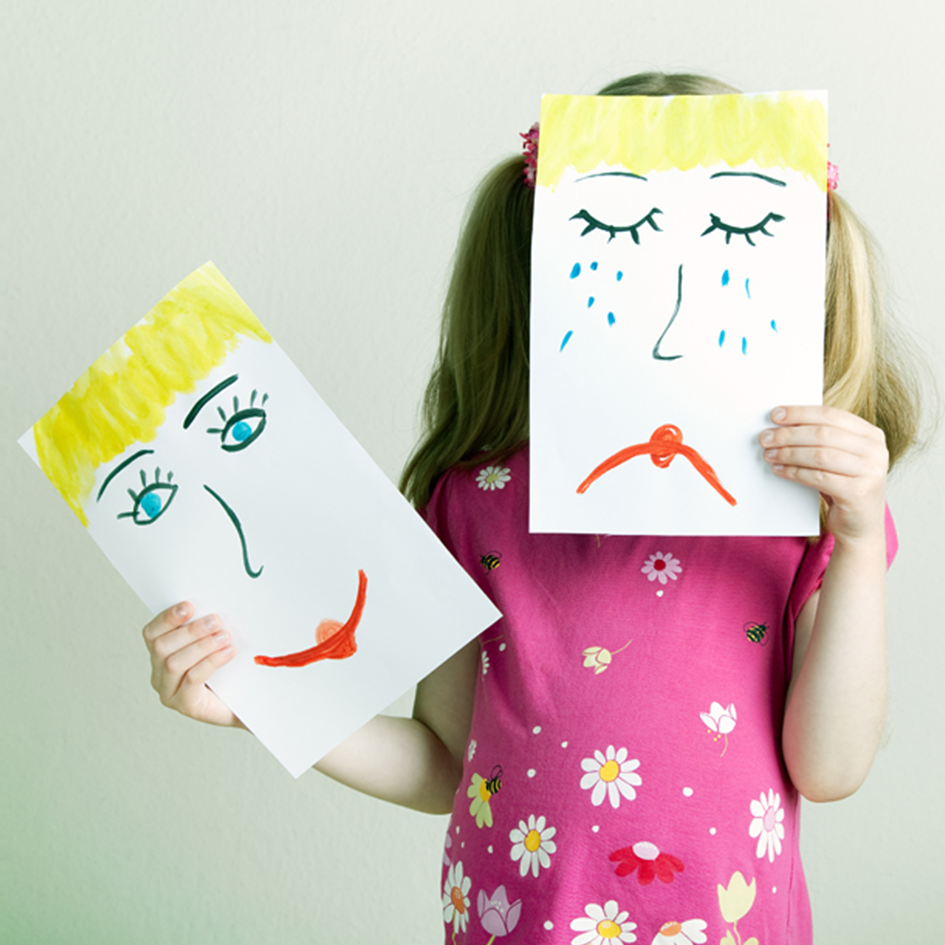As parents, it’s natural to be concerned about the wellbeing of our children, and it’s important to keep ourselves informed about the current state of youth wellbeing. Unfortunately, the data paints a concerning picture. Across the world, young people are facing a range of challenges that is impacting their mental, physical, and emotional health. Factors such as social media, academic pressure, and economic instability are just a few of the many challenges affecting the wellbeing of children and adolescents today. While it’s important to remember that every child is different and may face unique challenges, understanding the broader trends can help parents stay informed and better equipped to support their children.
